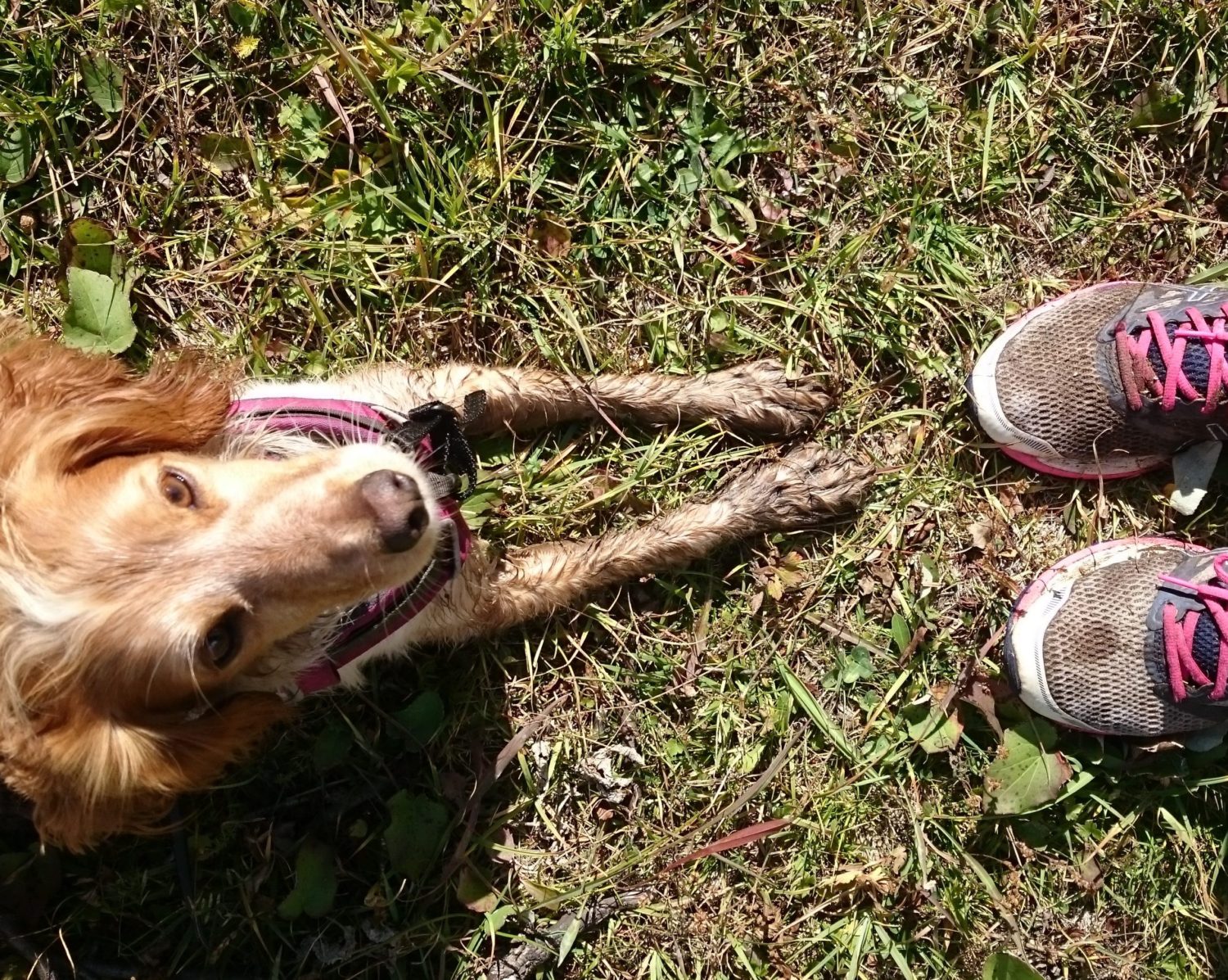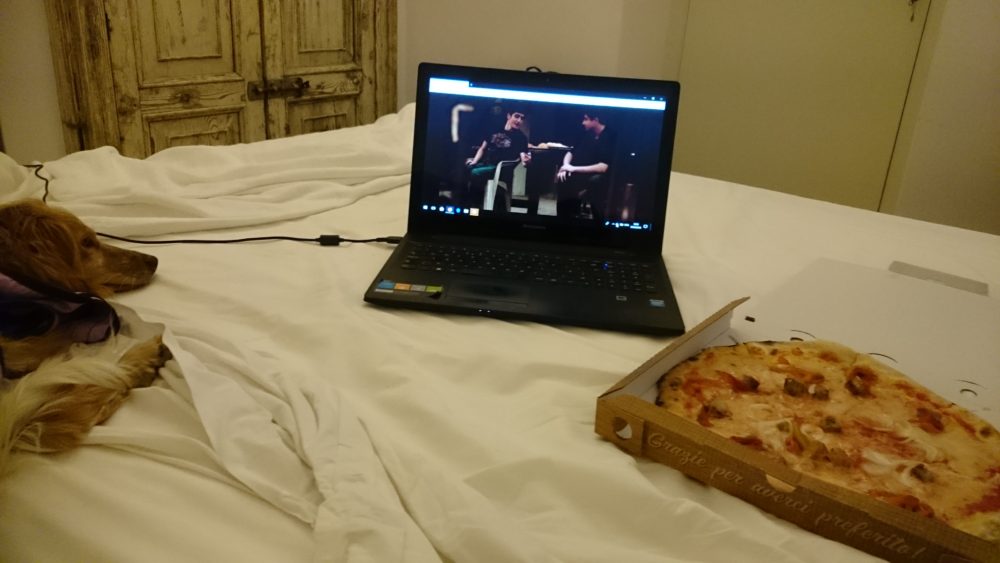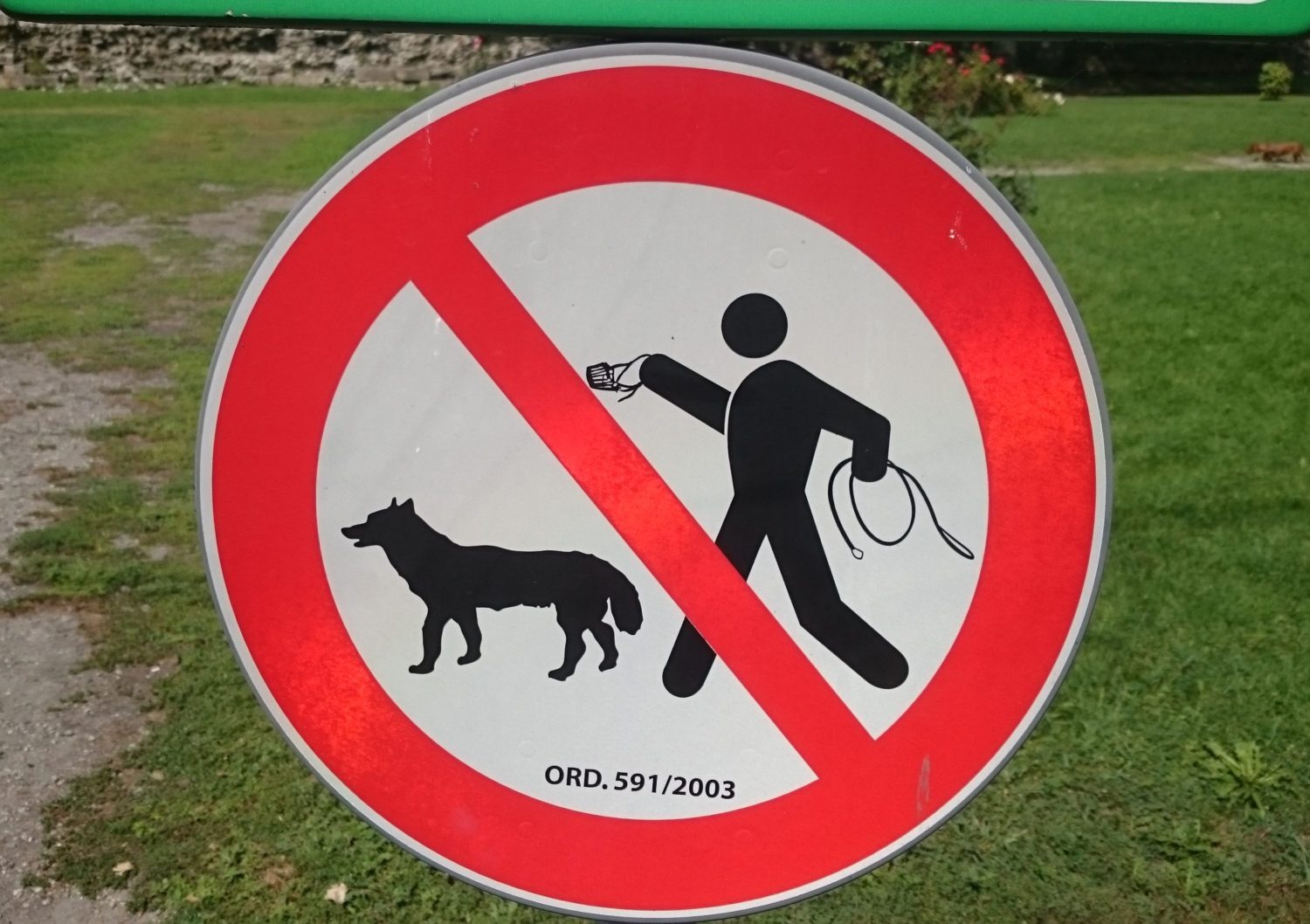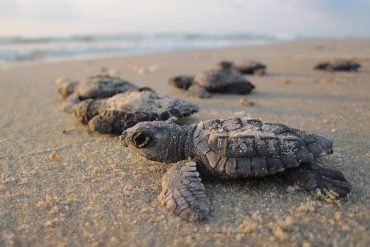I used to think extended trips into mainland Europe with a doggy companion were not a possibility. I thought that the commitment of being a doggy guardian meant it was not practical, or fair on the dog to be heading to mainland Europe.
How mistaken I was! Don’t get me wrong, you do have to make compromises that you wouldn’t otherwise, but I truly believe that, with a little extra planning, travelling with a canine companion can be a fantastic experience for you both.

Why I think having a doggy companion changes your travel experience ““ in a good way
1. You get to have an adventure with a best friend
I may be viewed by some as a solo traveller, but, I don’t see myself that way. Annie is an
2. It stops you getting too self-absorbed
Also a solo traveller consideration. Wherever we are going, I have to think about Annie’s needs: how hot it is, how long have I been driving without a pee break, selecting destinations that I think she will enjoy too.
3. It stops you becoming a Misanthrope
Travelling on your own can mean there can be a risk of becoming slightly shut off from others ““ even for a chatterbox like me! Annie puts me out there and she often instigates conversations. People usually want to say hello to her more than they do me.
4. You see more of the great outdoors
Okay, so I might not see the inside of as many museums, cathedrals or castles as I may without my doggy friend, but it really does force you to get out more ““ that can’t be a bad thing.
I would also like to think that our travelling experiences have been good for Annie too. She gets to be with me pretty much 24/7, hopefully not as much of a chore as that may sound, and she enjoys a wonderful lifestyle with much of her time being spent outdoors.

Be realistic ““ there are practicalities to consider too
a) Try to maintain some sense of routine
We try not to be on the road on a permanent basis. It is nice for us both to have a sense of familiarity sometimes. I do also try to leave Annie unaccompanied at times (I don’t want separation anxiety to become an issue if she is with me ALL the time) and I try not to overstimulate her with introducing too much, too soon. I know how important her beauty sleep and quiet time can be too.
b) The heat is a Killer
One big thing I have to be mindful of is the weather. Annie really struggles, as would most dogs, in the extreme heat. After the heat wave we experienced in Sicily, I have learnt that travelling to destinations during their cooler seasons is a much more sensible idea. When we are in the heat I try to minimise her time outside, always have fresh water and her fabby cool coat to hand and stay in the shade. Oh, and thank god for car air conditioning!
c) Keep up to date with Vet Checks and Passports
I always like to remind myself where the nearest vet is and ensure that I don’t forget to keep Annie up to date with an annual health check etc. On my road trip to Spain with my previous dog Daisy, the Vet had accidentally written the wrong date for one of her vaccinations. It was lucky the staff on the ferry over to France noticed, they don’t always check going in that direction. Cue some panic and some emergency reissuing of a new passport from my very helpful Vet.
d) Consider food
If your dog has a sensitive tum, plan ahead with food. It can often be difficult to find a good pet store when travelling or find a food that you know works for your dog. I was caught out once on the trip. I gave Annie a rich wet food that she doesn’t usually get one day. Big mistake! Not only was I subjected to the worst farts in history through the night, the following day Annie had the worst runs ever in the middle of a cobbled, historical and very busy street in San Gimignano in Tuscany. Totally mortify trying to clean up liquid poop and poor Annie too! You have been warned.
e) Always double check accommodation rules
Some places don’t mention they take dogs, but a friendly e-mail may confirm the opposite. Likewise, a place may say it is dog-friendly but they may only allow small dogs. I always like to check ahead and also check if there are any additional charges for dogs, sometimes these can cost more than it would for us to stay elsewhere.

f) Check local laws and etiquette
Some countries/regions have specific laws regarding canine companions. Some may require muzzles on public transport/ in certain areas. Some do not allow off-leash dogs in public spaces. Be considerate of the country you are in and, wherever you are, of the dogs in the space around you.

g) Check for local diseases
Certain countries carry a greater risk for your canine buddy in terms of contracting parasitic infections or diseases. In some areas of Spain, for example, Leishmaniasis can be caught by dogs from Sand-flies. I always recommend doing a bit of research before entering a country so you are aware of any common issues and you can take action if required
h) Get them used to travelling
I know it sounds obvious but if you have a dog that is stressed out or gets car sick when on the road it is not really fair. I was lucky, Annie is a great traveller. She settles really well in her crate and is quite happy to be in the car. Just make sure you build it up gradually and that they are appropriately secured too.
I would love to hear about your travel experiences with your dog. If you have any doggy friendly hotel recommendations, they are always super handy for future reference.




